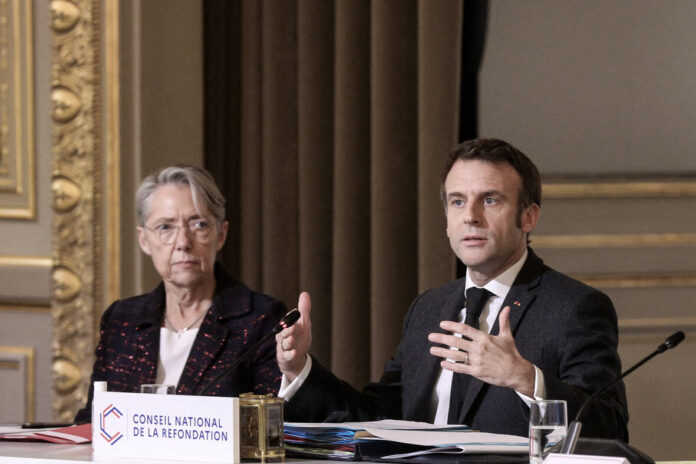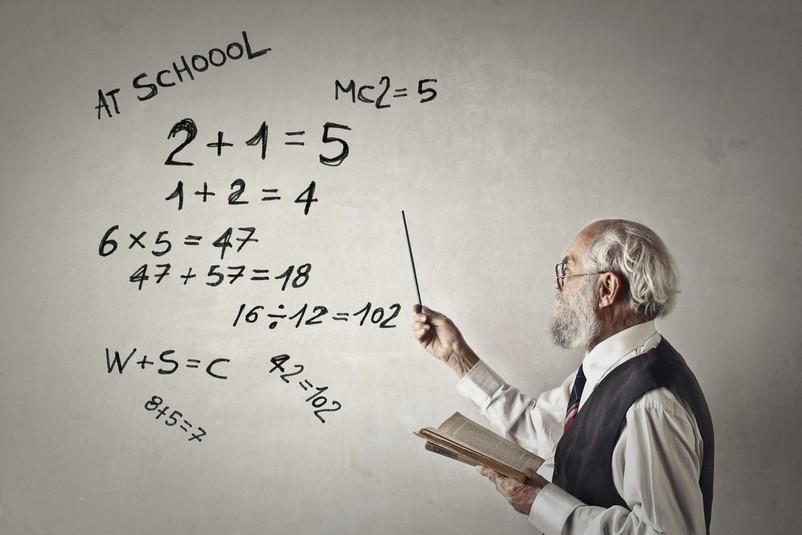Thursday April 13, 2023 will mark the twelfth day of mobilization against the pension reform. Indeed, the intersyndicale wishes to continue the strike and keeps the objective of having the text definitively withdrawn. The latter will be examined on April 14. The Elders will have the possibility to validate this reform, or to opt for partial or total censorship. The nine members of the Council are therefore at the center of all the debates this week.
But, at the same time, the contrasting speeches of Prime Minister Elisabeth Borne and President Emmanuel Macron point to a future reshuffle. Indeed, for a few weeks, the speeches of the two elected officials no longer coordinate. While the Prime Minister broke the record held by former Prime Minister Edith Cresson in Matignon on April 4, 2023, the latter may not be part of the next government.
The first contradiction between Emmanuel Macron and his Prime Minister concerns pension reform and its communication. While Elisabeth Borne met the unions on Wednesday April 5, the inter-union spoke of “a failure” of this meeting. However, in the comments collected by Le Monde, the Prime Minister would call for “not to rush things” and to respect “a period of convalescence”.
These remarks clashed with the position of the head of government until now. The latter also does not want the unions “to come out humiliated from this sequence”. Thus, she would consider that the government must “be extremely careful not to rush things, we must let things rest. The country needs appeasement”. This policy of appeasement seems to be supported only by Matignon. On the side of Emmanuel Macron, a firmer position is conveyed.
On Wednesday March 22, the president spoke for the first time on the JT set of TF 1 and France 2 since the use of 49.3 by Elisabeth Borne. During this interview, the French were able to see a president assuming his pension reform. The latter confirmed its adoption and entry into force by the end of 2023.
Even more, while traveling in China to reason with President Xi Jinping, he returned to the ongoing protests. Indeed, at the time of the signing of a peace pact for the war in Ukraine by the two heads of state, the president denied “any democratic crisis in France”, according to the words of his entourage collected by Challenges. He would have again deplored the “violence” present in the demonstrations. Could this ambivalence of speech be a harbinger of the end of Elisabeth Borne’s reign?
Emmanuel Macron and Elisabeth Borne nevertheless sought to defend a certain cohesion with public opinion. Indeed, “the President of the Republic coordinates with the Prime Minister”, affirmed the entourage of Emmanuel Macron. For her part, Elisabeth Borne evoked the same conception of the actions of the government for the coming weeks.
“We share exactly the same objectives: to appease the country and provide concrete and rapid responses to the French,” she said last Friday. “I am working on the roadmap he gave me, that is to say, building a government program to respond to the very concrete concerns of the French people and responding to them quickly, as well as on a legislative agenda by seeking project majorities” she adds.
Nevertheless, these claims will not spare speculation about a future redesign. Indeed, if Elisabeth Borne still occupies her position, some are already talking about her replacement. Among those approached, we find Gérald Darmanin who has stood out in recent weeks by the policy implemented during the mobilizations and by the debates on police violence. For the moment, many rumors are circulating but no concrete information has been communicated.















